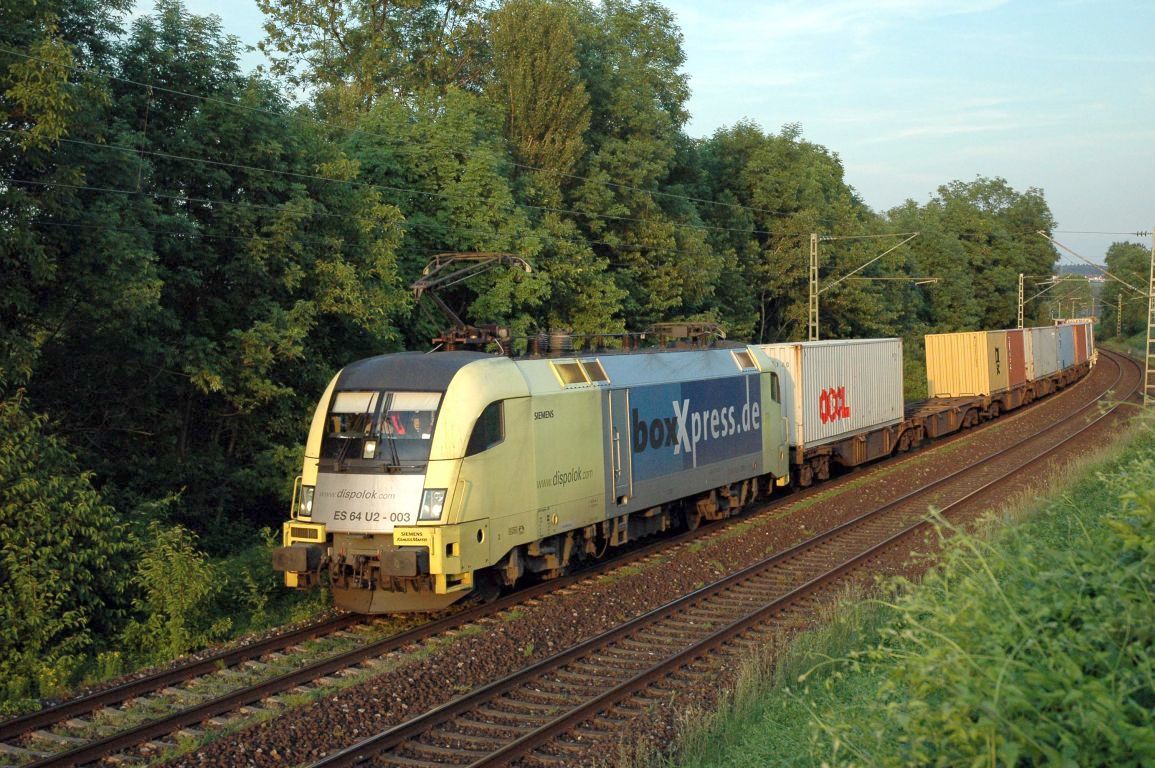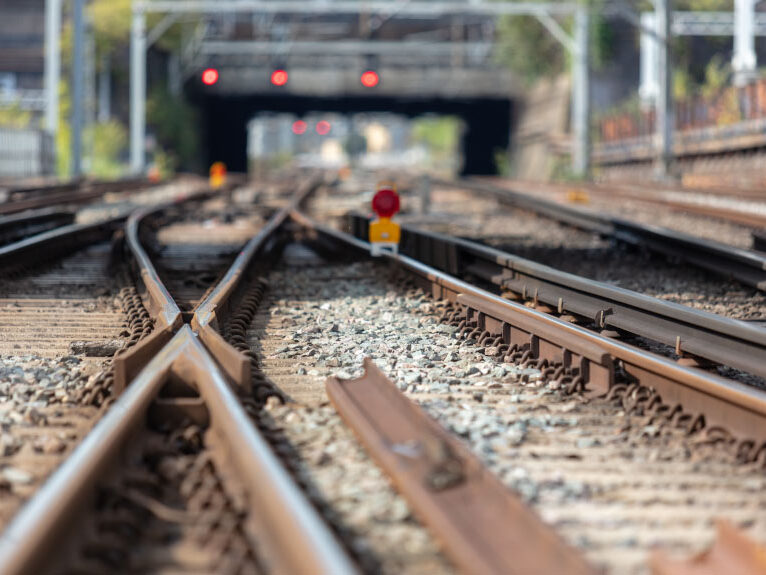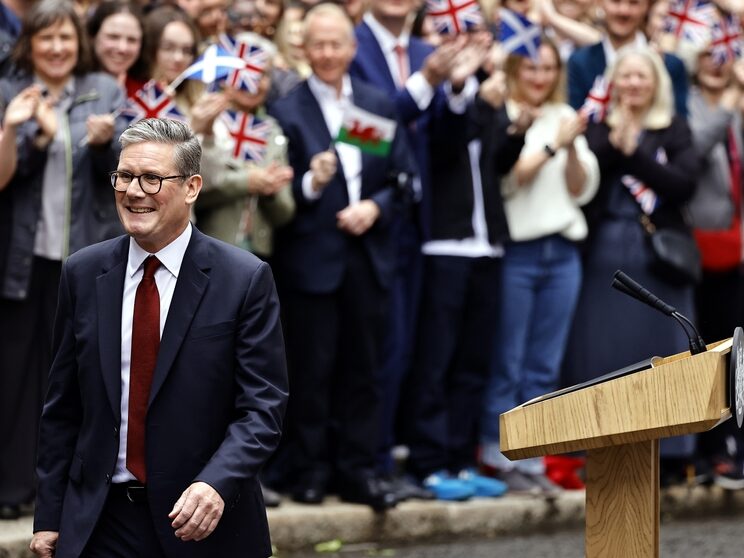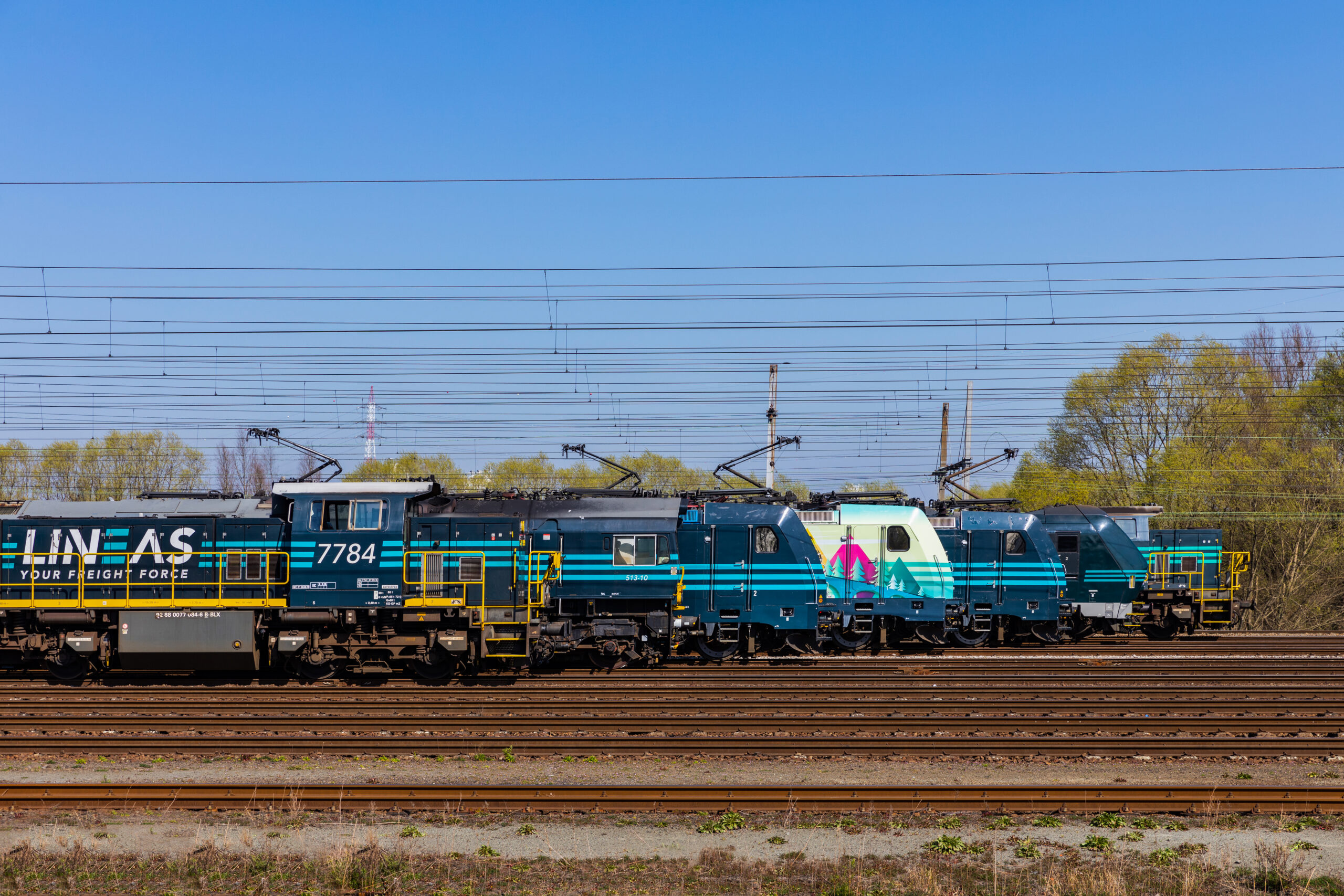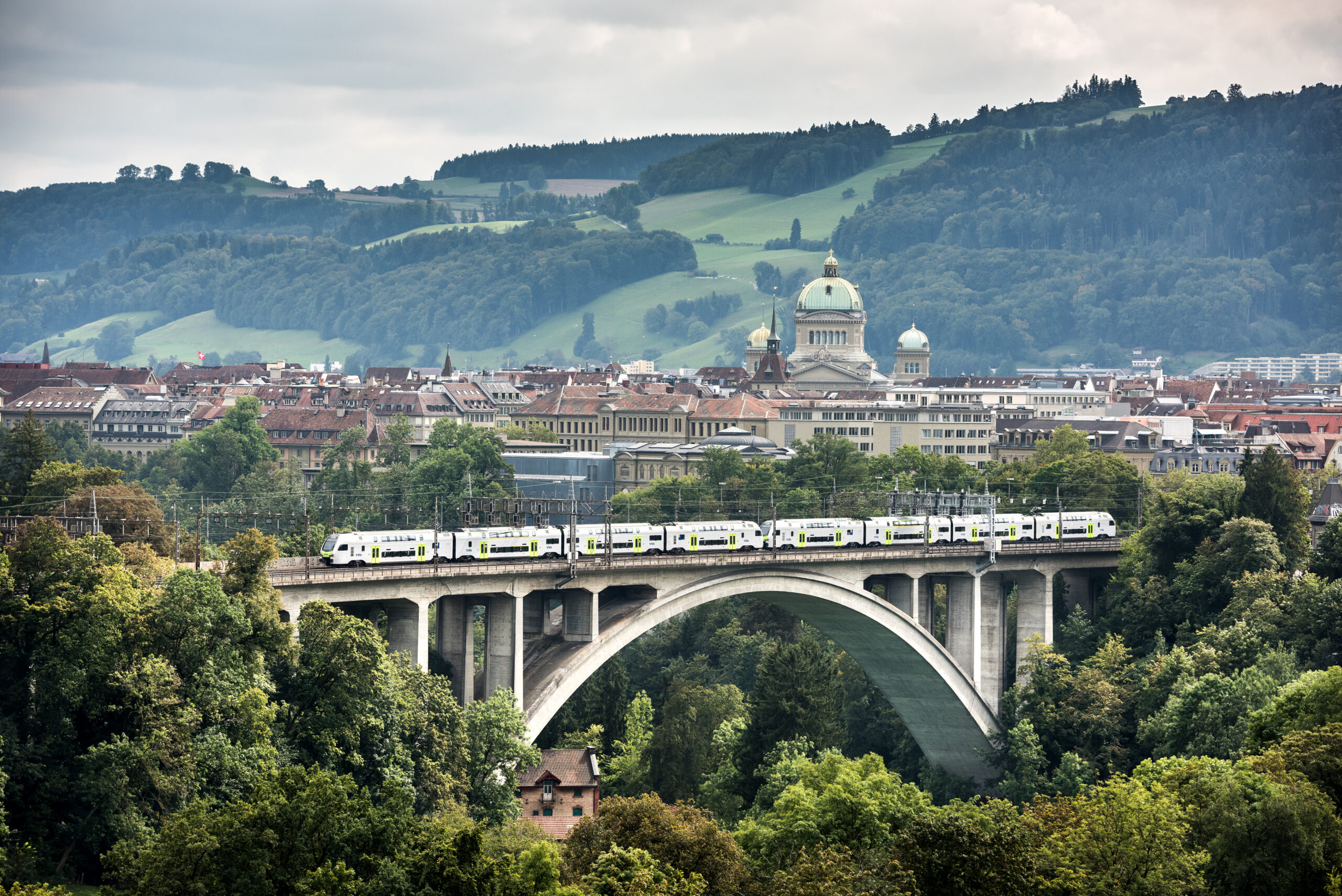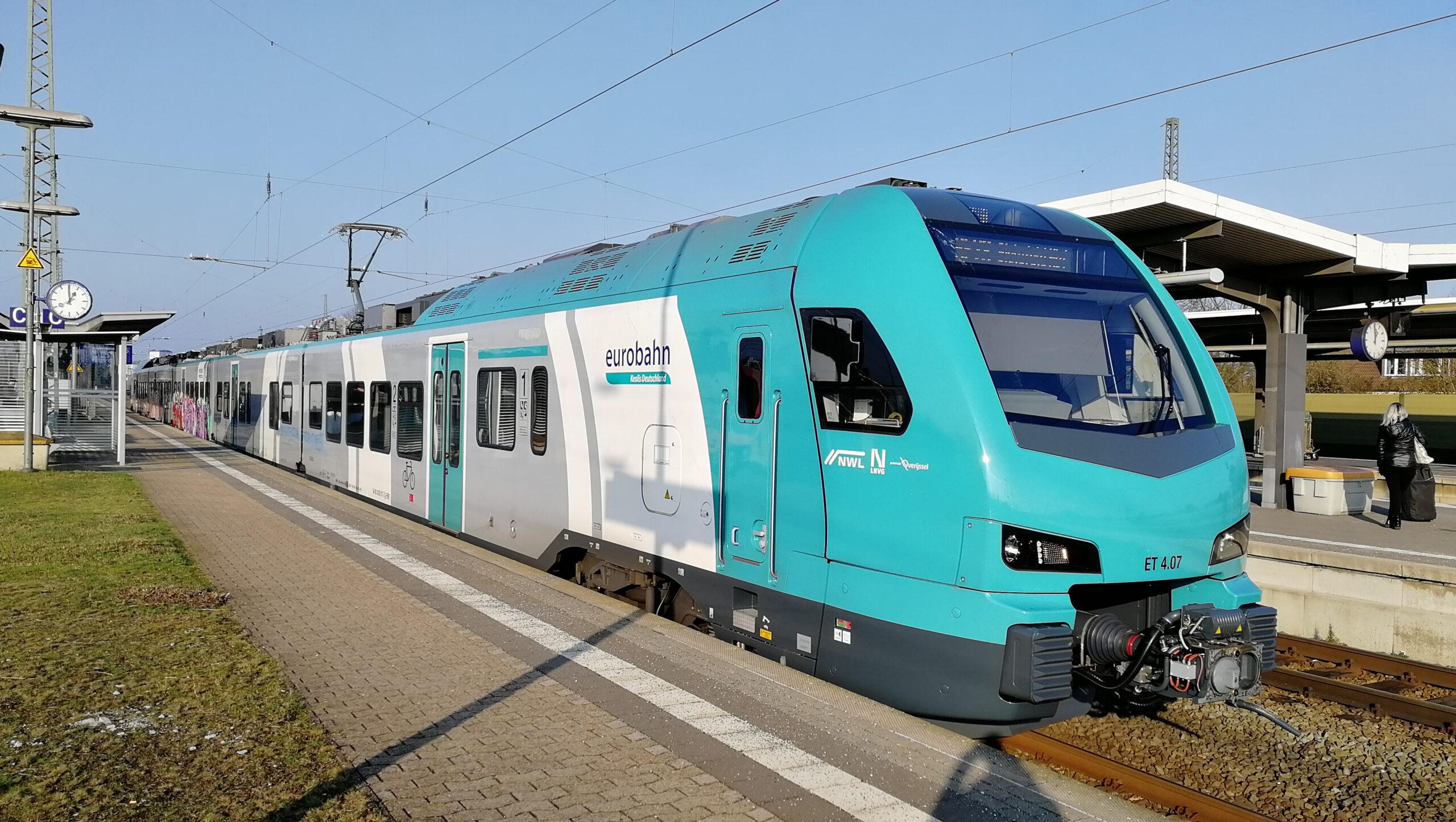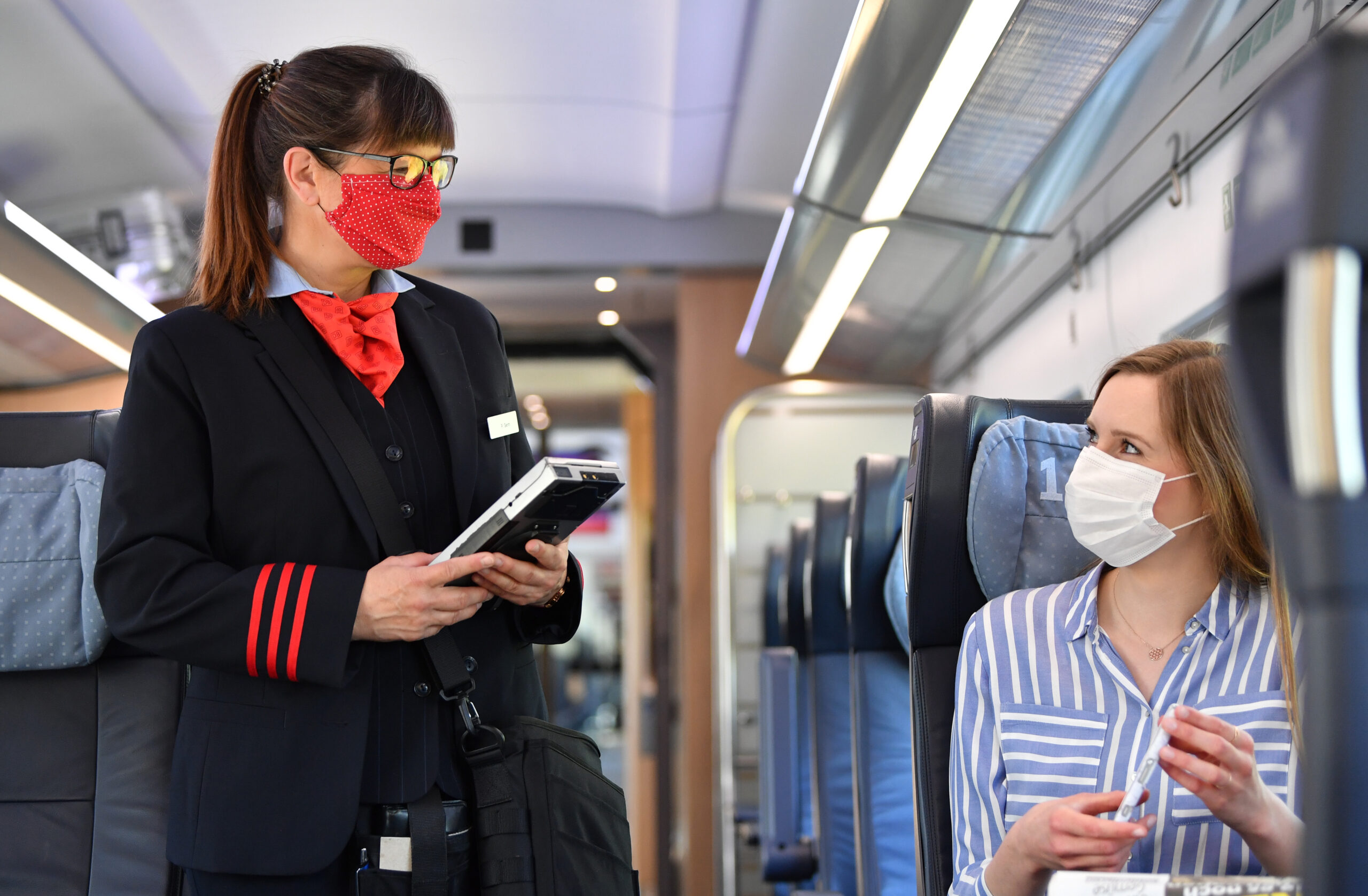Following the German government’s decision in May to move ahead with an extension to the toll exemption for LNG lorries, a number of rail advocacy groups have called on the German Bundesrat to intervene.
The Netzwerk Europäischer Eisenbahnen (Network of European Railways), Allianz pro Schiene (Pro-Rail Alliance), the Verband Deutscher Verkehrsunternehmen (Association of German Transport Companies), and the Verband der Güterwagenhalter in Deutschland (Association of Freight Wagon Owners in Germany) have written to the Bundesrat – the governing body that represents the interests of Germany’s 16 states on the federal level – to halt the decision of the federal government (i.e. the Bundestag) and to get the Arbitration Commission involved.
Competition Concerns
The concern is as follows: the government’s decision will make more than 800 million euros of public funds available for a measure that is counter-productive with regards to environmental and transport goals. Further, this measure would require a lot of further funding to compensate for the newly created disadvantages for the rail freight sector.
LNG lorries already benefit from a purchasing subsidy and a greatly reduced energy tax on gas. This exemption from the toll would trigger a purchasing boom for LNG lorries, the organisations claim. An example: every container transported by lorry from Hamburg Harbour to Nuremberg would receive a subsidy of 200 euros. Consequently, the new lorry fleets would achieve significant competitive advantages as a result of state assistance, which would shift transport from rail to road.
Environmental Concerns
Apart from the competition concerns, there are environmental issues as well. A recent study commissioned by the Federal Environment Office found that the carbon emissions of LNG lorries are comparably high to conventional diesel.
Consequently, supporting LNG lorries in this way would lead to more lorry traffic and less rail freight, and would also lead to a rise in carbon emissions, both of which go against the government’s stated aims.
Option 1: Abolish the Exemption
The rail advocacy groups have asked the German federal states to use the Arbitration Commission to have Article 5 removed from the relevant law. This, they say, would allow for a measured debate about the toll exemption. They are not pleased that the toll exemption was added to a law whose actual purpose is promoting bicycle travel. By removing Article 5, all the welcomed aspects of the law could go ahead.
Option 2: Compensate Rail for Competitive Disadvantage
Alternatively, should the Bundesrat also find in favour of the toll exemption, then the resulting competitive disadvantages for the rail freight sector would need to be compensated elsewhere. The signatories point out that rail undertakings already have to take on climate-related tasks that don’t apply to lorry transport, such as the levy on electricity in the German Renewable Energy Sources Act (EEG). In addition to being freed from such levies, fair competitive conditions could be achieved by adapting the CO2 pricing that will come into effect in 2021, or track and station access charges, or by subsidising rail freight, should the federal government choose to make lorry freight cheaper.
Also read:
- Network of European Railways ‘Alarmed’ about Potential Lorry Subsidy
- Coronavirus – Rail Is Proving Its Worth beyond Its Green Credentials. It Deserves Support.
- DB Reaches Coronavirus Agreement With Government, Union and Works Council
- Germany: Private Railway Undertakings to Seek EU Help

